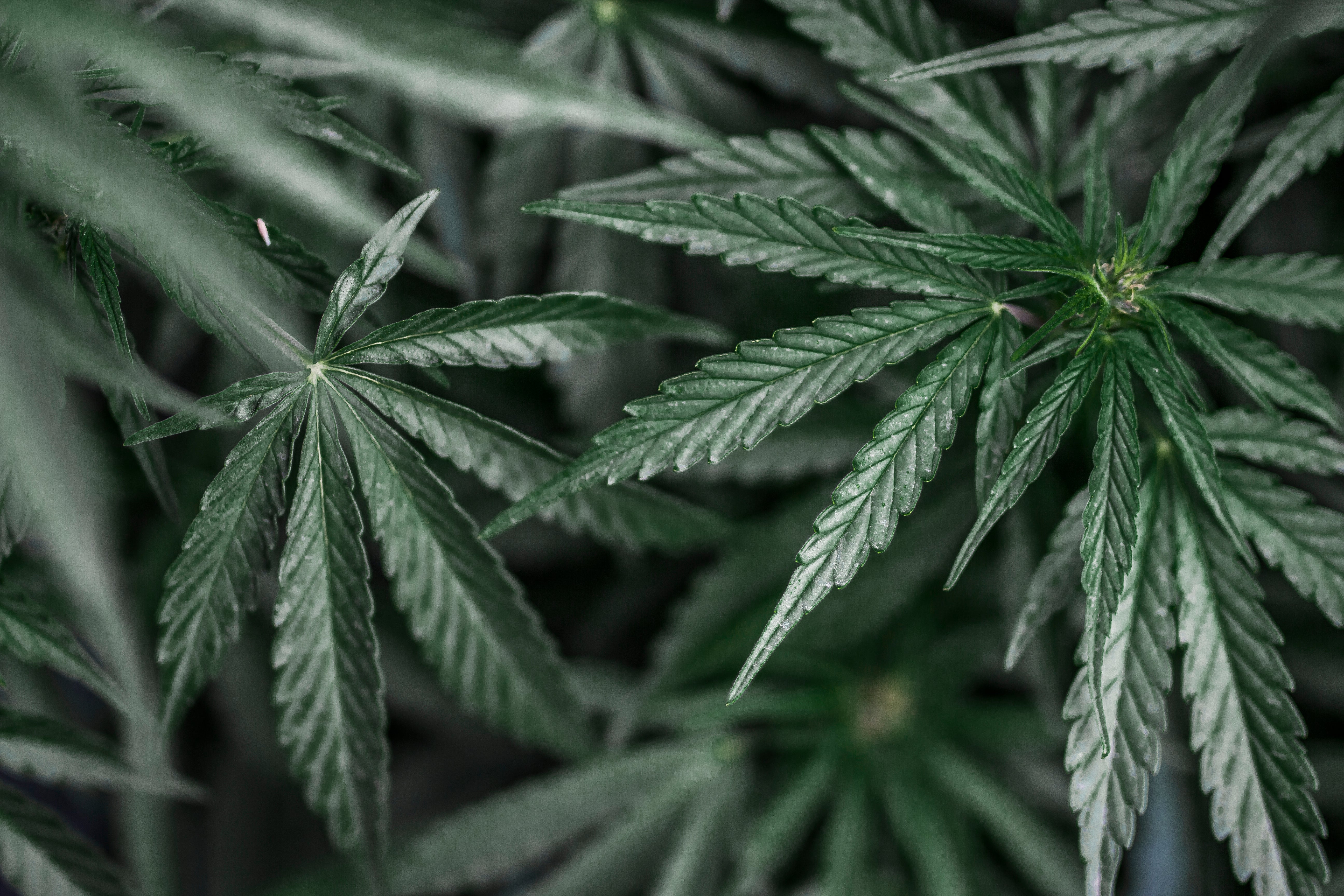Unveiling the US Department of Health and Human Services Patent on CBD: A Breakthrough in Health and Wellness

In recent years, cannabidiol (CBD) has emerged as a promising compound with a myriad of potential health benefits. The landscape surrounding CBD has been evolving, and a significant development has taken place with the US Department of Health and Human Services securing a patent related to CBD. This groundbreaking move has sparked interest and curiosity within the health and wellness community. In this blog post, we will delve into the details of this patent, exploring its implications for the future of CBD and its potential impact on our well-being.
Understanding the US Department of Health and Human Services Patent: The US Department of Health and Human Services (HHS) made headlines by securing a patent titled "Cannabinoids as Antioxidants and Neuroprotectants" (US Patent 6630507 B1). This patent, granted in 2003, outlines the potential use of cannabinoids, including CBD, as antioxidants and neuroprotectants. The document suggests that these cannabinoids could be employed in the treatment and prevention of a wide range of diseases, particularly those associated with oxidative stress and neurodegenerative conditions.
Key Points from the Patent:
-
Antioxidant Properties: The patent emphasizes the antioxidant properties of cannabinoids, highlighting their potential in combating oxidative stress. Oxidative stress is implicated in various health issues, including inflammation, aging, and certain chronic diseases.
-
Neuroprotective Effects: The patent underscores the neuroprotective effects of cannabinoids, suggesting their potential application in the treatment and prevention of neurological disorders. This includes conditions such as Alzheimer's disease, Parkinson's disease, and other neurodegenerative ailments.
-
Potential Therapeutic Applications: The document outlines potential therapeutic applications for cannabinoids, indicating their use in pharmaceutical compositions for treating a range of conditions. This revelation has sparked interest in the medical community, opening the door for further research and development of cannabinoid-based treatments.
Implications for the CBD Industry: The HHS patent on CBD holds significant implications for the CBD industry and the broader field of health and wellness. Here are some key points to consider:
-
Scientific Validation: The patent provides scientific validation for the therapeutic potential of CBD, lending credibility to the claims made by proponents of CBD in the health and wellness space.
-
Research Opportunities: The patent encourages further research into the medicinal properties of CBD and other cannabinoids. This could lead to the development of new pharmaceuticals and treatment modalities.
-
Regulatory Considerations: The acknowledgment of CBD's therapeutic potential at the government level may influence future regulatory decisions regarding the legal status and accessibility of CBD products.
Conclusion: The US Department of Health and Human Services' patent on CBD marks a significant milestone in the recognition of the therapeutic potential of cannabinoids. As research continues to unfold, the implications for the health and wellness industry are substantial. This development not only validates the claims surrounding CBD but also opens up new avenues for exploration and innovation in the pursuit of improved health and well-being. Stay tuned as the landscape of CBD and its applications continues to evolve in light of this groundbreaking patent.


